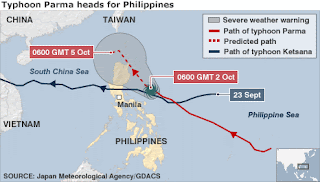
The Speaker of the US House of Representatives, Nancy Pelosi, has unveiled a healthcare bill that would extend coverage to 36m more Americans.
The top House Democrat said the legislation would provide affordable healthcare to 96% of all Americans.
It would also let the government sell insurance in competition with private companies and make insurers offer cover to those with pre-existing conditions.
The bill is the latest step in a long-running battle over healthcare reform.
President Barack Obama has made reform of the healthcare system a central plank of his domestic agenda.
Scaled-back
Speaking on the steps of the Capitol building in Washington DC, Ms Pelosi called the bill a "historic moment for our nation and families".
She said the legislation would also include a so-called "public option", referring to a controversial new government-run insurance option.
However, the public option she unveiled was a scaled-back version, falling short of the one liberal Democrats had demanded and which had thrown the bill into a logjam.
US President Barack Obama welcomed the legislation in a written statement, saying that "a public option that competes with private insurers is the best way to ensure choice and competition that are so badly needed in today's market".
The bill will now go before the House of Representatives, where it could be voted on as early as next week.
Once both the House and Senate have approved their own versions, a conference committee, made up of lawmakers from both houses, will convene to reconcile the two.
If both chambers then vote in favour of the reconciled version, it will be sent to Mr Obama for his approval, and become law.










